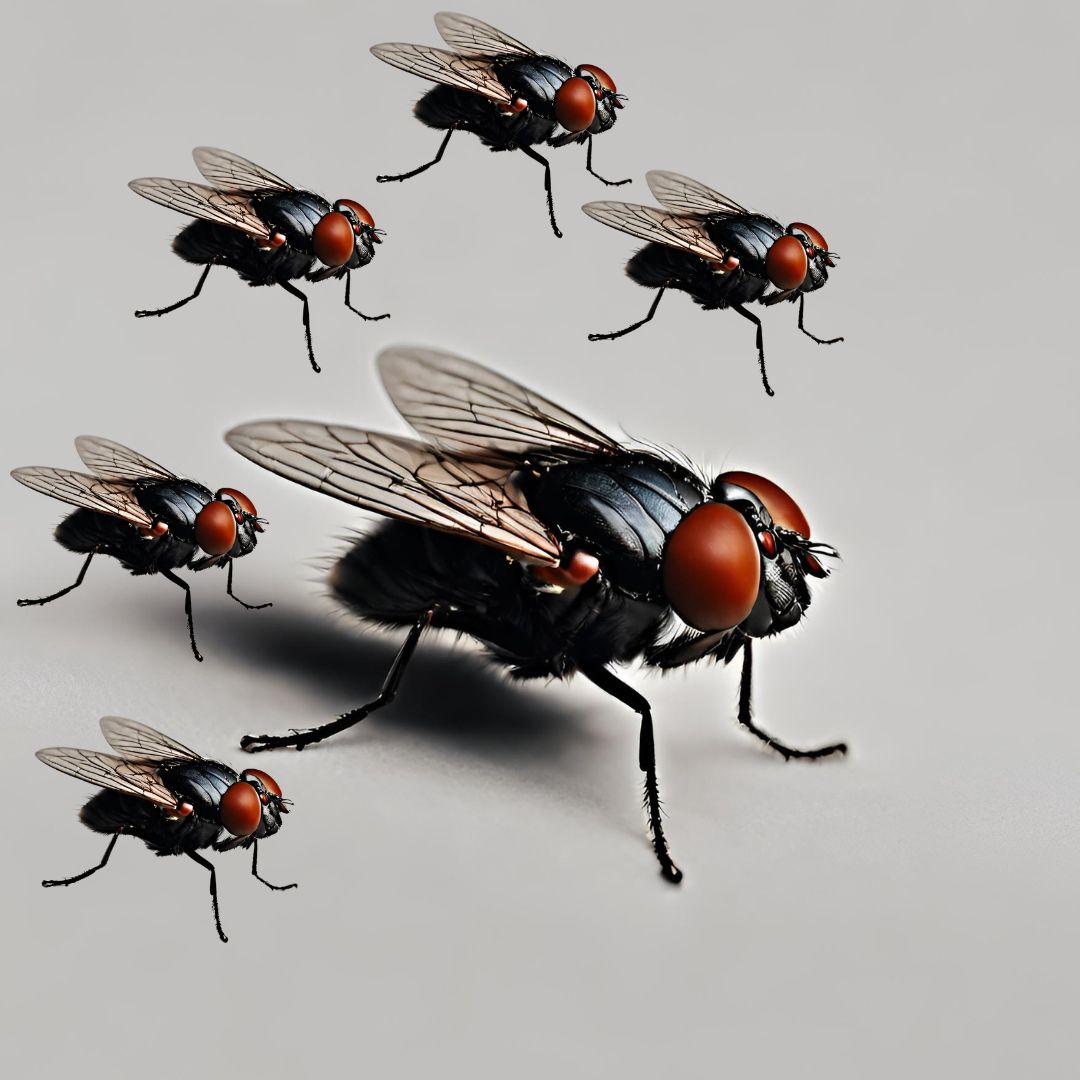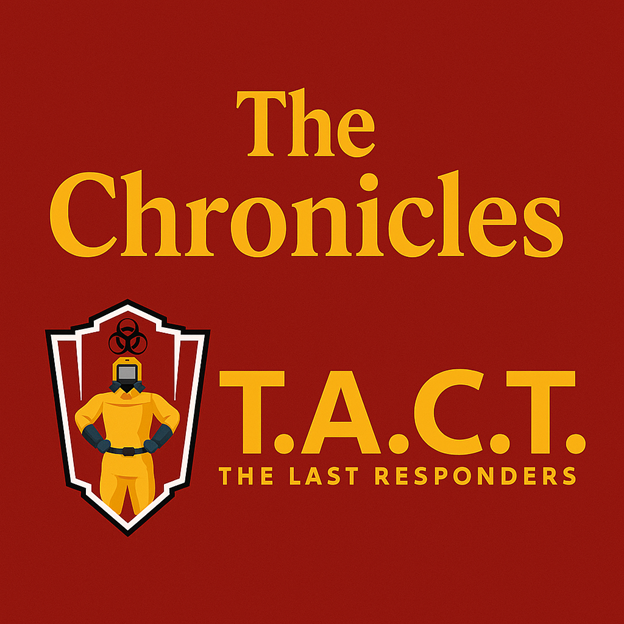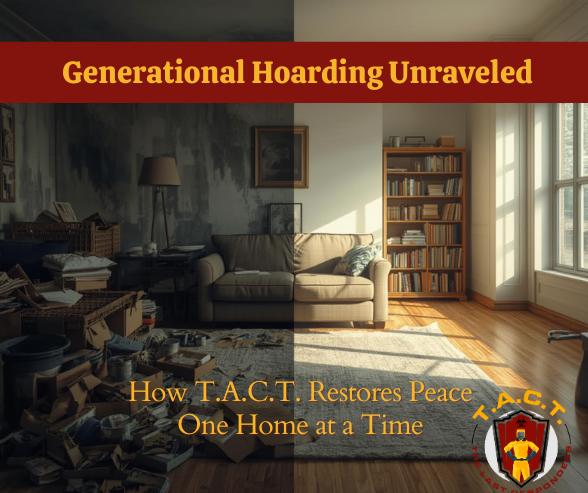Eliminating Fly Concerns: Effective Strategies for Cleaning Around a Decomposed Body

House flies can pose health hazards, especially when they come into contact with decomposed bodies or other organic matter. Here are some potential risks associated with house flies in such situations:
- Disease Transmission: House flies are known to carry and spread various disease-causing microorganisms. They can pick up pathogens from decomposed bodies and transfer them to food, surfaces, or people, leading to the potential spread of diseases such as gastroenteritis, salmonellosis, and more.
- Food Contamination: Flies have a habit of landing on various surfaces, including decomposed bodies, garbage, and feces. When they come into contact with food or food preparation surfaces, they can transfer bacteria and other contaminants, leading to foodborne illnesses.
- Breeding Ground for Pathogens: Decomposed bodies can serve as breeding grounds for bacteria and other pathogens. Flies may lay their eggs on or near decomposed tissue, and the resulting larvae (maggots) can feed on the decaying material. This creates a potential source of contamination and can contribute to the spread of disease.
- Allergies and Respiratory Issues: Decomposed bodies emit various gases and compounds as they break down. Flies can carry particles from these decomposed materials into the air, and exposure to these particles may lead to respiratory issues, especially in individuals with allergies or respiratory conditions.
- Secondary Infestations: Flies can attract other pests, such as beetles and mites, which may also pose health risks. These secondary infestations can exacerbate the overall unsanitary conditions.
To minimize health hazards associated with house flies and decomposed bodies, it's crucial to practice proper hygiene and sanitation. If you encounter a situation involving a decomposed body, it is important to contact the appropriate authorities and T.A.C.T. 48 to handle the situation safely and in accordance with legal and ethical standards.
T.A.C.T. 48 is ready to assist in Phoenix, Scottsdale, Tempe, Mesa, Gilbert, Chandler, Flagstaff, Prescott, Kingman, Sedona and throughout all of Arizona
Latest news

A comprehensive guide to understanding Biohazard Cost and financing solutions highlighted in 'The January 2026 Chronicles' for crime scene cleaners and why T.A.C.T. 48 and T.A.C.T. AZ are the professionals you want to partner with.
Read More
Dive deep into TACT's methodology for hoarding clean-up services in Phoenix, AZ. This article covers their innovative tactics and the importance of professional intervention in hoarding cases.
Read More
Dive into the costs associated with biohazard cleanup with expert insights from TACT48 and TheLastResponders in this informative blog.
Read More